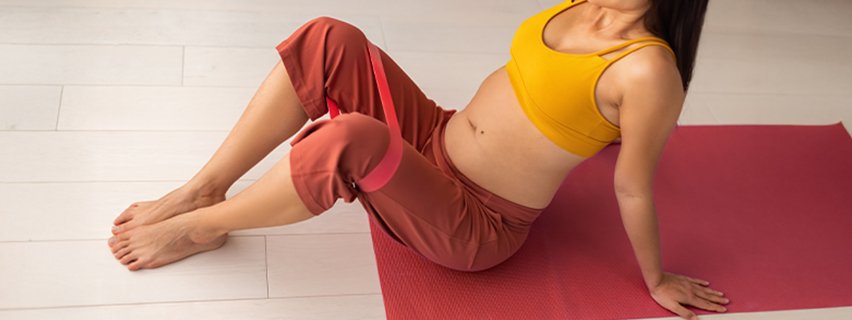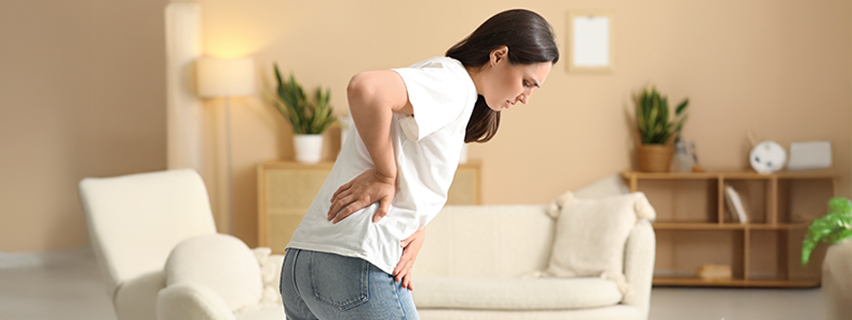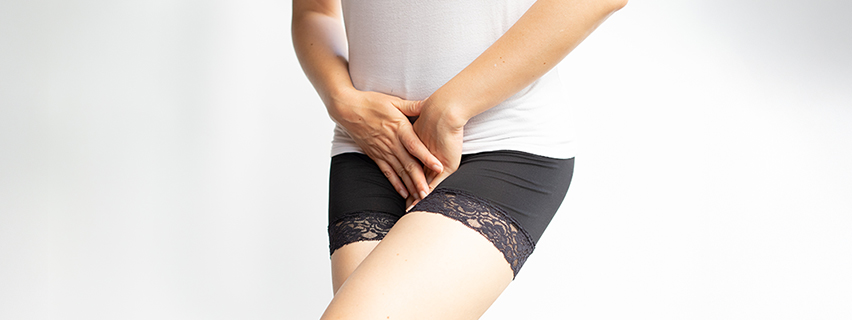What Causes Back Pain During the First Trimester of Pregnancy?
The first trimester of pregnancy is often described as a phase filled with excitement, anticipation, and nervousness. Alongside the joy of finding out that you’re expecting, your body begins to undergo dramatic changes within just a few weeks. Hormones start surging, your uterus begins expanding, and your body is quietly preparing for the months ahead. While these changes are necessary, they also bring unexpected physical challenges, one of the most common being back pain during early pregnancy.
For many women, the discomfort starts as early as the first month of pregnancy, long before a visible baby bump develops. Some experience dull aches, others sharp twinges, and in certain cases, even left-sided back pain during early pregnancy becomes a recurring issue. Though often considered a normal symptom, back pain in the 1st trimester of pregnancy feels unsettling, especially for first-time mothers who aren’t sure what’s typical and what may need medical attention.
What Are the Possible Causes of Back Pain During Early Pregnancy?
Back pain in the first trimester of pregnancy can be caused by multiple biological and physical factors. Here are some common causes explained in detail:
Hormonal Changes
One of the earliest shifts in pregnancy is the release of a hormone called relaxin. Its primary job is to loosen ligaments and joints in preparation for childbirth. While essential, this hormone can also make your spine and pelvic area less stable, loosens the ligaments so it can cause strain in the back and discomfort in the lower back, even as early as the first month.
Uterine Expansion
As your uterus begins to grow, even in the initial weeks, it places pressure on surrounding muscles and ligaments. This subtle but consistent pull causes strain in the lower back. Women may feel it more on one side, which explains why some report left-sided back pain during early pregnancy.
Postural Adjustments
Although the baby bump isn’t yet prominent, subtle shifts in your posture begin early. Your centre of gravity slowly starts changing, causing your spine to adjust. These micro-adjustments can put stress on back muscles, leading to dull or sharp aches.
Stress and Fatigue
Pregnancy often comes with fatigue, especially in the first trimester. Stress hormones combined with physical tiredness can tighten muscles, particularly in the back, causing increased discomfort.
Digestive Changes and Bloating
Many women also experience bloating, constipation, or gastrointestinal shifts in early pregnancy. The pressure from these issues can radiate into the lower back, making the pain feel more intense.
Treatment for Back Pain During 1st Trimester of Pregnancy

The good news is that back pain in early pregnancy is usually manageable with simple, safe treatments. Here are effective approaches:
Gentle Exercise and Stretching
Prenatal yoga, pelvic tilts, or even short walks can strengthen the lower back and improve flexibility. Simple stretches release tension from the muscles, making it easier to cope with everyday activities without strain.
Heat or Cold Therapy
Applying a warm compress or heating pad on the lower back can relax tense muscles. For inflammation or sudden sharp pains, cold packs may help reduce swelling. Always ensure the temperature is mild and pregnancy-safe.
Proper Posture
Sitting and standing with proper support can make a huge difference. Using a pillow behind the lower back while sitting or avoiding slouched positions prevents unnecessary strain.
Adequate Rest
Fatigue often worsens pain. Prioritizing sleep, lying on the side with a pillow between the knees, or taking short breaks throughout the day gives the back muscles time to recover.
Supportive Footwear
Though often overlooked, footwear plays a role in back health. Flat, cushioned shoes with proper support reduce the load on the spine compared to high heels or unsupportive flats.
Also Read – Precautions During Pregnancy: First Trimester
Is Back Pain During the First Month of Pregnancy Different from Other Months?
Back pain experienced in the first month of pregnancy is often different in nature compared to the later stages. In the early weeks, pain is typically caused by hormonal changes, uterine expansion, and posture shifts. It is usually mild to moderate and may come and go throughout the day.
As pregnancy progresses, the weight of the growing baby and uterus puts additional strain on the spine, making pain more persistent and sometimes severe. By the second and third trimesters, issues like sciatica or pelvic girdle pain can become more common.
In simple terms:
- Early pregnancy back pain is mostly hormonal and structural adjustments.
- Later in pregnancy, back pain is more common because of the weight-bearing and posture-related stress.
Recognizing this difference helps women understand that while early pain is usually manageable, later discomfort may require more proactive lifestyle adjustments.
When to Consult the Doctor About Back Pain During 1st Trimester of Pregnancy?
While back pain during the 1st trimester of pregnancy is often normal, there are situations where medical consultation is essential. Seek medical attention if:
- The pain is severe, persistent, or worsening over time.
- It is accompanied by vaginal bleeding, cramping, or fever.
- You experience pain on one side only, especially if sharp and sudden.
- There is numbness or weakness in the legs.
- You notice changes in bladder or bowel control.
Consulting a healthcare provider can help you rule out complications like ectopic pregnancy, infections, or underlying health conditions.
What to Do Next for First Month Pregnancy Back Pain?
If you’re experiencing first-month pregnancy back pain, the first step is self-care. Stay active with gentle movements, practice mindful posture, and get enough rest. Keeping hydrated and eating a balanced diet can also ease bloating-related discomfort that worsens back pain. It’s also helpful to build a support routine:
- Use cushions for lumbar support at work or home.
- Try prenatal yoga or breathing exercises to relax both body and mind.
- Wear supportive clothing, like maternity belts, if needed.
- Stay consistent with medical checkups and share any unusual symptoms with your doctor.
Back pain during early pregnancy may come as an unexpected challenge, but it is usually a natural response to the rapid hormonal and physical changes happening inside your body. During the first month of pregnancy, the focus should be on creating comfort while your body adapts to the changes of pregnancy. Whether it’s back pain during the 1st trimester or any other discomfort, most cases can be managed with rest, posture care, and simple lifestyle adjustments.
That being said, no two pregnancies are the same. It is important to pay attention to your body and seeking medical advice when the pain feels unusual is the safest approach. With care, attention, and the right treatment, you can move through the first trimester more comfortably while focusing on the joy of new beginnings.
Also Read – The Road of Pregnancy
Frequently Asked Questions
Q. Is back pain during early pregnancy normal?
Yes, mild to moderate back pain is common due to hormonal changes, posture shifts, and uterine expansion.
Q. Can back pain in the first trimester indicate a miscarriage?
No, back pain in the first trimester does not always indicate a miscarriage. While some discomfort is normal, a doctor should examine severe pain accompanied by bleeding or cramping immediately.
Q. What helps with first-month pregnancy back pain?
Gentle stretches, proper posture, supportive pillows, and adequate rest are effective remedies.
Q. Should I avoid exercise if I have back pain during the 1st trimester?
No, you can continue with the exercise, given that it is not causing any discomfort. In fact, low-impact exercises like walking or prenatal yoga can actually help relieve discomfort, but always consult your doctor before starting new routines.













































Leave a comment